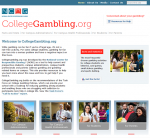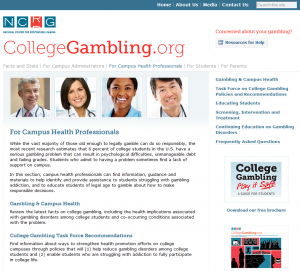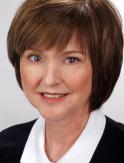The July 1, 2011 deadline for the National Center for Responsible Gaming’s (NCRG) large and early stage investigator grants is right around the corner. The NCRG hasallocated more than $700,000to fund research that advances our understanding about gambling disorders in 2011, and the last opportunities to apply for this year’s funding are quickly approaching. Make sure you submit your letter of intent for these two funding opportunities soon!
Large Grants
The Large Grants program provides up to two years of support for discrete, specified, circumscribed research projects related to gambling disorders. Applicants may request up to $75,000 in direct costs per year for a period not to exceed 24 months. The NCRG expects to award two Large Grants in this funding cycle. To learn more about last year’s awardees, visit ourproject grants page.
To apply, download thegrant announcementandapplication form. Submit your letter of intent by July 1, 2011.
Early Stage Investigator Grants
The Early Stage Investigator Grants program is intended to help ensure that a pool of highly trained scientists is available to address the research needs of the field of gambling disorders. Eligible applicants are within 10 years of completing their terminal research degree or within 10 years of completing medical residency. Applicants may request up to $65,000 in direct costs for a period not to exceed 24 months.
Applications for this award must propose a research plan that:
- Has intrinsic research importance in the area of prevention and treatment of gambling disorders, and
- Will serve as a suitable vehicle for learning the methodology, theories and concepts needed for a well-trained, independent researcher in the area of gambling research.
To apply, download thegrant announcementandapplication form. Submit your letter of intent by July 1, 2011. The NCRG expects to award one Early Stage Investigator Grant in 2011.
For more information on the application process, please visit theNCRG Research Centeror contact Christine Reilly, Senior Research Director, at[email protected]. You can also find examples of previously funded studies on ourFunded Project Grantspage.
Questions or comments? Leave them in the comments section below!
NCRG staffICRG Newsaddictionsannual reportdeadlinesfundinggamblinggrantsmoneyNational Center for Responsible Gamingresearchstudentsupdates








